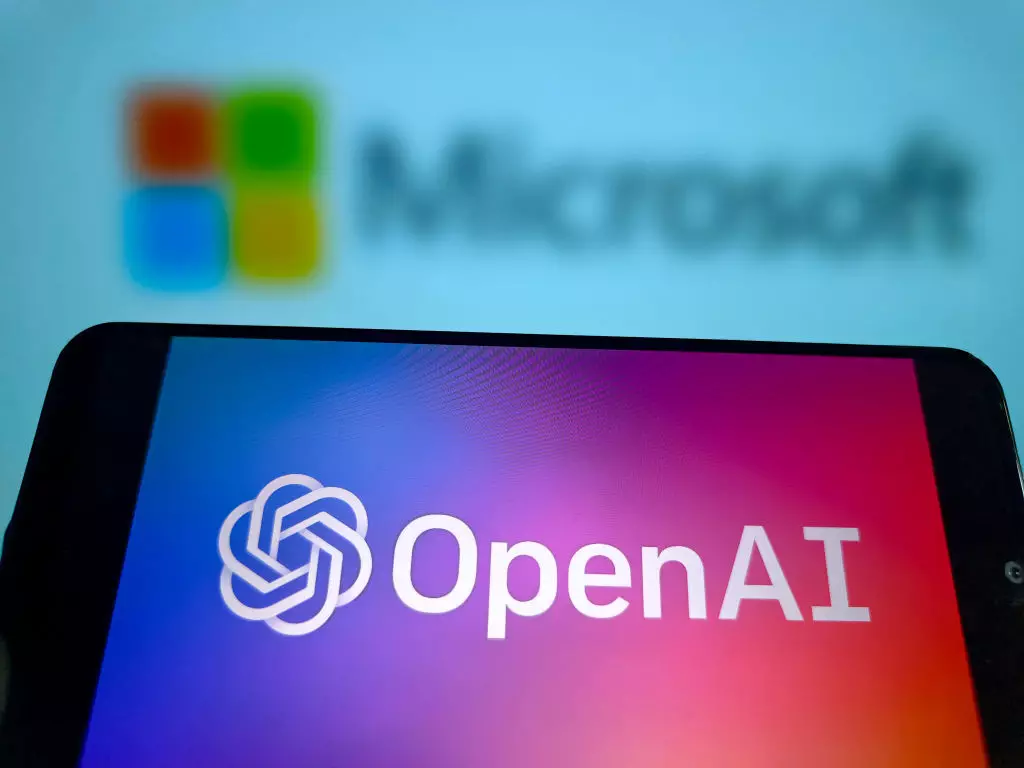In a move to clarify its operational intentions, OpenAI recently dispelled rumors regarding the imminent release of an AI model known as Orion. This announcement comes in response to speculation initially reported by The Verge, suggesting that Orion would debut by the end of this year. OpenAI firmly stated through a spokesperson that there are currently no plans for this model’s release within the year, which raises intriguing questions about their strategic direction and product timeline.
The confusion surrounding Orion stems from recent reports suggesting that it would be OpenAI’s next significant model, positioned to eclipse their current advanced model, GPT-4o. The Verge suggested that select partners would be given preliminary access before a wider rollout across platforms like ChatGPT. This kind of information can create significant hype and expectations within the AI community and among consumers, underscoring the importance of clear communication from companies like OpenAI.
Moreover, this situation highlights the potential pitfalls in the tech industry’s reporting practices. Speculations, when not substantiated with clear facts, can lead to misinformation, prompting public expectation that outpaces company capacities. OpenAI’s corrective measures suggest an intent to manage these narratives more effectively going forward.
Despite the setback regarding Orion, OpenAI reassured stakeholders that it plans to unveil other groundbreaking technologies in the near future. This commitment signals that the company continues to prioritize innovation, albeit possibly in forms other than the expected release of Orion.
OpenAI’s mention of ongoing developments in “GPT” and reasoning models like o1 indicates a broadening of their focus. This dual approach to developing both generative and reasoning capabilities speaks volumes about their vision for AI applications that meet explicitly different use cases. By diversifying their model creation, OpenAI seems to be setting itself up to dominate various segments of the AI landscape.
OpenAI’s remarks on Orion leave ample room for interpretation. It prompts various speculations concerning whether a different, yet equally groundbreaking model might be on the horizon. Alternatively, the company could potentially introduce a revised iteration of existing models rather than something entirely new. Such ambiguity reflects the unpredictable nature of technology advancement and corporate strategy in the rapidly evolving AI sector.
In essence, while the immediate horizon appears devoid of Orion, OpenAI’s proactive stance on future developments is likely to assuage stakeholders’ concerns. Nevertheless, the tech community remains alert and eager for updates, signifying a robust market appetite for innovation that OpenAI must continue to address in a rapidly competitive arena.

